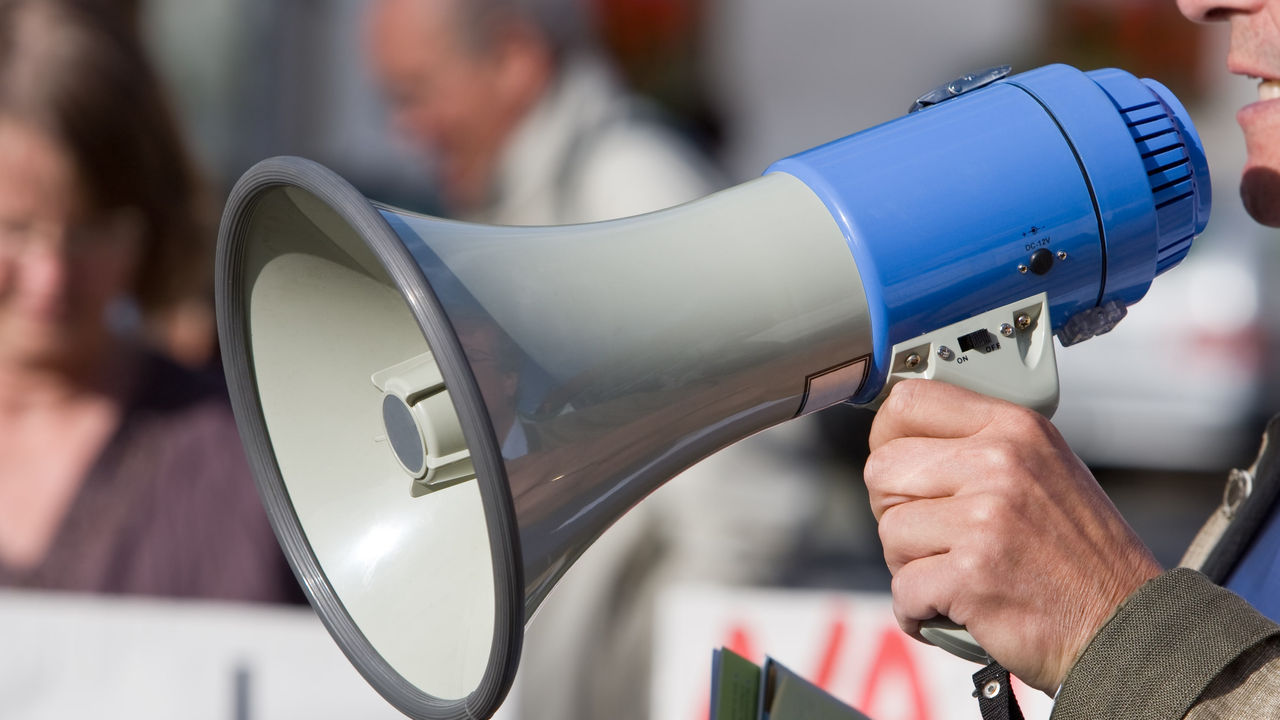

Managers need to know when union representatives and union-organizing employees can access company property. Barring them could result in charges of unfair labor practices, including against nonunionized employers.
The access-to-premises standards under the National Labor Relations Act (NLRA) should be enforced in a nondiscriminatory way, said Molly Lee Kaban, an attorney with Hanson Bridgett in San Francisco. Even if the employer's policies are worded lawfully, their application can be ruled unlawful if enforced only for union representatives or employees engaged in union activities.
The NLRA standards, which the National Labor Relations Board (NLRB) has developed through its decisions, "are complex, and interpretations of the NLRA can and do change," cautioned Steven Swirsky, an attorney with Epstein Becker Green in New York City. So managers need to keep up with the changes.
Kaban summarized the board's standards. According to her, an employer may prohibit union representatives from coming onto its property unless:
In addition, unions have the right to be in areas on the employer's premises that are open to the public, so long as they don't disrupt activities there. If a lounge or cafeteria in a hospital is open to the public, union representatives must be allowed in those areas if they are conducting activities that are customary in that area. For example, a hospital could prohibit a union rally in its cafeteria because rallies are not customarily held there.
Employers can prohibit off-duty workers, including those who are participating in union organizing, from being on the premises. In one NLRB case, a hospital prohibited employees from coming to the hospital unless visiting a patient, receiving medical treatment or conducting hospital-related business, noted David Pryzbylski, an attorney with Barnes & Thornburg in Indianapolis. Although this hospital policy was worded lawfully, the NLRB ruled that the hospital applied it unlawfully because the employer allowed off-duty employees to be at the hospital for retirement parties but not to meet with union officials.
The employer can prohibit on-duty workers from encouraging others to join unions or distributing union pamphlets if the policy is applied in a nondiscriminatory manner and the employees aren't on breaks. So employers can't prohibit employees from soliciting support for a union if it lets the employees ask for political campaign contributions. Employers also may restrict where employees distribute union literature while on breaks, such as to break rooms. They may not limit where on-duty employees on break merely discuss unions.
Employers must permit on-duty employees who are on break to ask other on-duty workers on break to sign union authorization cards, even outside of break rooms, so long as the employees aren't working, noted Tanja Thompson, an attorney with Littler in Memphis, and Mark Schneider, an attorney with Littler in Boston. So employees can sign the cards even before they reach break rooms when they're no longer working, for example. Union authorization cards typically are the official beginning of a labor drive. To conduct a union election, a union first must show that at least 30 percent of workers support being represented by it.
"In a significant number of union-organizing campaigns, the management team is unfamiliar with their own solicitation and distribution policy and the rights their employees have to engage in solicitation and distribution on company property," said Chad Richter and Ross Gardner, attorneys with Jackson Lewis in Omaha, Neb. Training on consistent policy enforcement is key.
Managers should know where property lines are and whether an employer leases or owns work property, Thompson and Schneider said. If leased, the ability to exclude outsiders from the property will depend on the terms of the lease agreement and applicable state or local laws.
Even if unions can picket at the entrances to the owner's property, they may not engage in violence or block entrances or exits. "Employers should have contact information available for local law enforcement should it prove necessary to remove trespassers from the property," they noted.